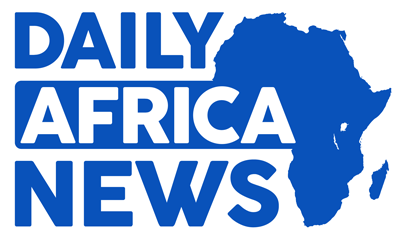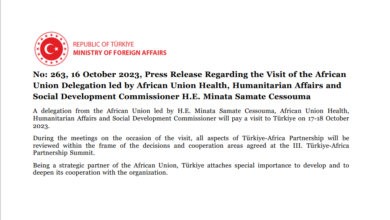Enhanced political participation is critical to health in Africa

In particular, 95 percent of African countries have developed policies and plans on drugs, more than 90 percent on blood safety, and 85 percent on traditional medicine. Such policies are vital to sound and effective health infrastructure.
Enhanced political participation has contributed to the increased availability and affordability of some essential medicines for the common diseases of tuberculosis, HIV, and malaria. For example, in 2020, 76 percent of people living with HIV in Africa had access to antiretroviral drugs.
However, the general availability of essential drugs in Africa remains low. Especially for non-communicable diseases, drug availability is only around 40 percent.
The COVID-19 pandemic has exposed the security vulnerabilities of the global supply chain. African countries import 70 percent to 100 percent of their medicines, vaccines, and other health products.
Prices of health products have increased due to market inflation, which has made the products at least five times more expensive than in Europe and North America. For example, the price of enough oxygen cylinders to treat an adult for one day ranges from $112 in Guinea to $23 in Kenya.
The increase in the price of imported products increased the need for local production. To increase local production, Africa will need to raise regulatory standards, shape the market, and develop the continent’s negotiating capacity in the global pharmaceutical market.
Currently, The African Medicines Agency contributes to this agenda by ensuring continent-wide harmonization of regulatory standards and processes.





